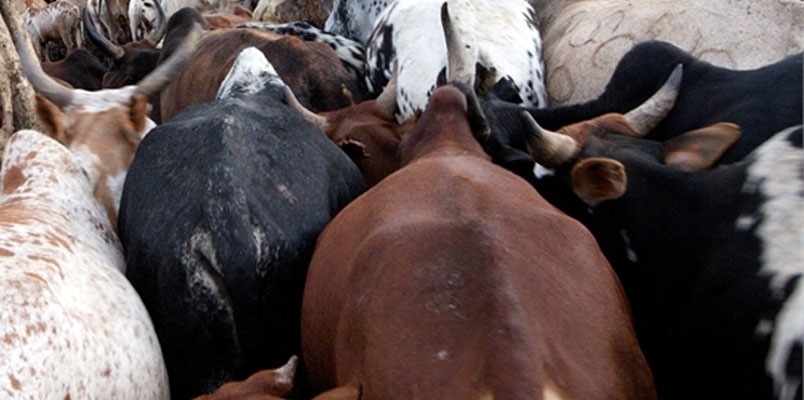Since the start of 2017, an estimated 5,000 heads of cattle have died in Kiruhura and Ssembabule districts due to the spreading East Coast Fever and Babesiosis diseases.
The staggering death of cattle, which has been reported in other parts of the country has caused major concerns and heartache among farmers besides deepening poverty among cattle keepers.
Recent efforts by the government to impose quarantines against the trade and movement of cattle is not only compunding farmers poverty but it is deepening poverty.
Available acaricides on the market have so far proved ineffective in the control of the disease after the ticks developed resistance to the chemicals.
There is a ray of hope that finally the tick challenge will be brought under control. More exciting perhaps, as The Sunrise reveals, the solution in the form of an anti-tick vaccine, is being developed Ugandan researchers at the National LivestocResources Research Institute (NaLIRRI) in Tororo.
In an interview with this writer, Dr. Paul Kasaija, a senior molecular biologist working on the development of the anti-tick vaccine at NALIRRI, the vaccine will prevent tick establishment on the animal’s body.
He said: “The vaccine will help the animal produce antibodies to protect itself against the tick establishment on the animal’s body.”
The recent passing enactment of the Biosafety Act 2017 has further energized the NALIRRI researchers to expedite their research using new and modern biotechnology tools.
The use of reccombinant tools in Vaccine development is not new. Indeed, the government has for several years encouraged the administration of recombinant vaccines in the management of diseases such as Hepatitis B, Polio, Cervical cancer, Whooping cough – Pertussis, Tetanus.
Dr. Kasajja told The Sunrise that anti-tick vaccine will be administered into the animal’s body through an injection. The vaccine interferes with the biological processes of the tick such as feeding, digestion, immunity, and reproduction making it impossible for the parasite to infect the animal.
Kasaija revealed: “In addition to preventing tick establishment on the animal, the vaccine will also reduce the rate of transmission of the pathogens (disease-causing agents) like bacteria, protozoa and viruses.”
He believes that the application of the anti-tick vaccination will reduce the use of acaricides and hence minimize acaricide resistance by ticks and in turnenhance tick control.
According to Uganda Bureau of Statistics (UBOS), the estimated Livestock population is currently 14 million cattle, 15million goats, and 4 million sheep. Although Uganda is considered a favorable country for animal production, the problem of pests and diseases has rendered meat and beef production problematic.
The ongoing research at NALIRRI, according to Kasajja, is made even more urgent by the fact that it targets three major indigenous ticks, without any known effective vaccine anywhere in the world.
tjonans@gmail.com Biotechnologist








